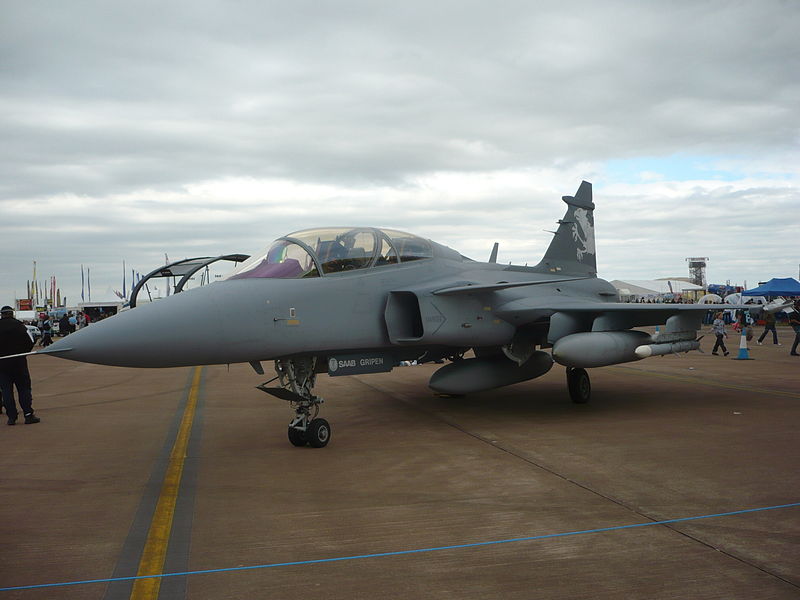- India at Work 2024 Report by Apna.co reveals over 7 crore job applications, 12 lakhs jobs posted in 2024
- Geetanjali International Foundation Celebrates the 5th Edition of Sant Shiromani Surdas Mahotsav
- Euro Energy Resources Limited Announces New Medical Battery Solutions in Leicester
- Matrimony.com announcing the launch of a new specialised service, Make My Wedding
- Hyatt Jaipur Malviya Nagar Rings in 2024 with Dazzling Disco Night
- Relaxo Launches 'Festive Fiesta Offer' with Big Savings on Footwear Across Brands
- Style Condoms Unveils New Identity with #StyleHarBaar Campaign and Three New Condoms
- Softflix IT Solutions Celebrates 3rd Anniversary
- Lay’s Brings Its Iconic Flavours to Delhi’s Streets with an Exciting Food Truck Experience
- Sandeep Marwah Honored by Namo Gange at the 17th GFFN for Promoting Love, Peace, and Unity
- AAFT School of Hospitality and Tourism Showcases Moroccan Cuisine at 17th Global Film Festival
- The Leela Hyderabad Celebrates Christmas with Exquisite Dining Experiences
- Premium electric vehicles and serial hybrids EXLANTIX will be presented at AVTODOM Varshavka
- Novotel Hyderabad Airport to host an extravagant Christmas Feast
- Revolutionizing Door Scheduling: RapidSpec Launches Advanced Software for Manufacturers
 Mail to a Friend Mail to a Friend |
|
     |
Aerospace and Defense Fuel Market Witnesses Development of Fuel Alternatives

The global aerospace and defense fuel market has witnessed steady demand in recent years owing to the positive economic growth worldwide and the rising demand for aircraft from emerging economies such as India and China. While the emergence of low-cost airlines has boosted the demand for aviation fuel from the commercial sector, the growing need for surveillance aircraft and pilot training has created an opportunity for the growth of the market across the defense sector.
Aerospace and Defense Fuel Market Description:
http://www.transparencymarketresearch.com/aerospace-defense-fuel-market.html
The growing awareness about carbon emissions and stringent government regulations about the same have stressed on the need for efficient carriers that promote fuel savings and reduce emissions. Even though carbon emissions from aircraft account for only 2% of the overall emissions, the aviation industry is taking initiatives to ensure carbon-neutral growth, which will augment the growth of the global aerospace and defense fuel market in the coming years.
The conventional petroleum-based liquid jet fuel is extensively used across the global aerospace and defense fuel market. However, the introduction of new alternatives is expected to decrease the dependency on petroleum-based liquid jet fuel.
> Renewable Jet Fuel: In an attempt to cut down on carbon dioxide emissions, United Airlines has started using aviation bio-fuel to run its commercial flights flying between Los Angeles and San Francisco. The airlines company expects to deploy 12,500 such flights running on bio-fuel to support energy diversification. The aviation bio-fuel is produced by AltAir Paramount with the help of Honeywell?s renewable jet fuel process technology, which converts non-edible animal fats and oils into renewable fuel. The green jet fuel is an ideal substitute for the petroleum-derived jet fuel currently used in flights.
> Synthetic Fuel: Commercial airlines and military aircraft usually run on synthetic fuels that are blends of Fischer-Tropsch (FT) fuels with traditional fuels. There are various petroleum-alternatives FT fuels such as coal-to-liquid (CTL) fuels, biomass-to-liquid (BTL) fuels, gas-to-liquid (GTL) fuels, and coal-and-biomass-to-liquid (CBTL) fuels.
Request Sample for Professional Aspects of Aerospace and Defense Fuel at:
http://bit.ly/1QX2sxX
Boeing Partners with NASA to Develop Super-thin Aircraft Wing
Some of the key players in the global aerospace and defense fuel market are Essar Oil Ltd., Indian Oil Corporation Ltd., Bharat Oman Refineries Ltd., Hindustan Petroleum Corporation Ltd., Reliance Industries Ltd., Kuwait Aviation Fuelling Company, Chennai Petroleum Corporation Limited, Royal Dutch Shell Plc, and Bahrain Petroleum Company. The volatility in aviation fuel prices is one of the primary factors affecting the key players and other commercial and defense aircraft manufacturers. While the key players are focusing on the development of alternative aviation fuels, aircraft manufacturers are working on redesigning aircraft wings to make aircraft lighter and thus decrease aircraft fuel bills. For example, Boeing has partnered with NASA to test low-drag, lightweight, and stiletto-shaped wings that would cut down aircraft fuel bills to half.
Such endeavors are expected to become common due to the rising awareness about the climatic effects of carbon emissions, propelling the global aerospace and defense fuel market.
Phone :---
Mobile:- -











